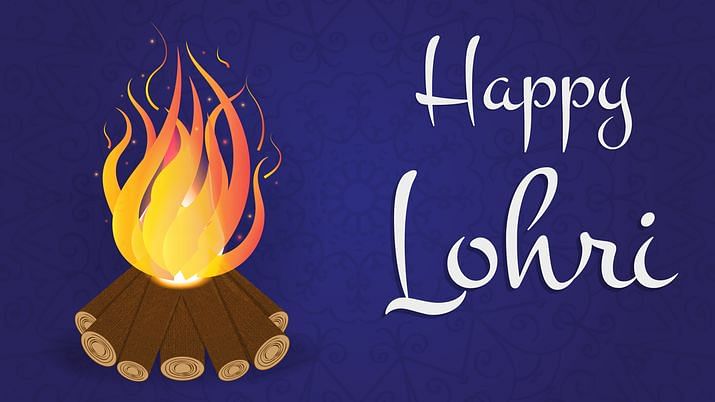Lohri Festival Significance, Importance, Rituals and Celebration
Lohri 2020 Significance, Importance, Rituals and Celebrations

The festival of Lohri is celebrated each year on 13 January. This festival is celebrated among Sikhs and Hindu of Punjab region in northern India and is also observed by other communities as well.
The festival of Lohri is celebrated in the autumn season, and marks the end of the winter solstice. People commemorate the end of the winter season and cherish the Sun’s movement towards the north.
Apart from remembering the Sun deity, this festival is also considered as a harvest festival. Sugarcane is harvested on Lohri, which is why jaggery and Gajak are distributed on the day.
Lohri: Importance and Significance
On this auspicious festival, people light bonfires in their backyards, common areas etc. Traditionally, people celebrate this festival with dancing and singing, and by offering Gajak and Rewari to the Lohri fire, as it is considered to be auspicious.
Similarly, Holika Dahan is also celebrated by lighting bonfires.
According to Hindu scriptures, the elements offered to the fire are said to reach the deities. People offer peanuts, sesame laddus, Rewari and Gajak to the deities.
People pray for prosperity and the well being of their family and friends on the day, and also pray for improved agricultural yield for the next season.
Traditionally, men celebrate this festival with Bhangra dance style, which is famous in the Punjab region, whereas, women celebrate by participating in the traditional Gidda dance.
After celebrating next to the bonfire on Lohri, the next day, people observe the festival of Makar Sankranti, where people take a bath in a holy or sacred river.
(At The Quint, we are answerable only to our audience. Play an active role in shaping our journalism by becoming a member. Because the truth is worth it.)